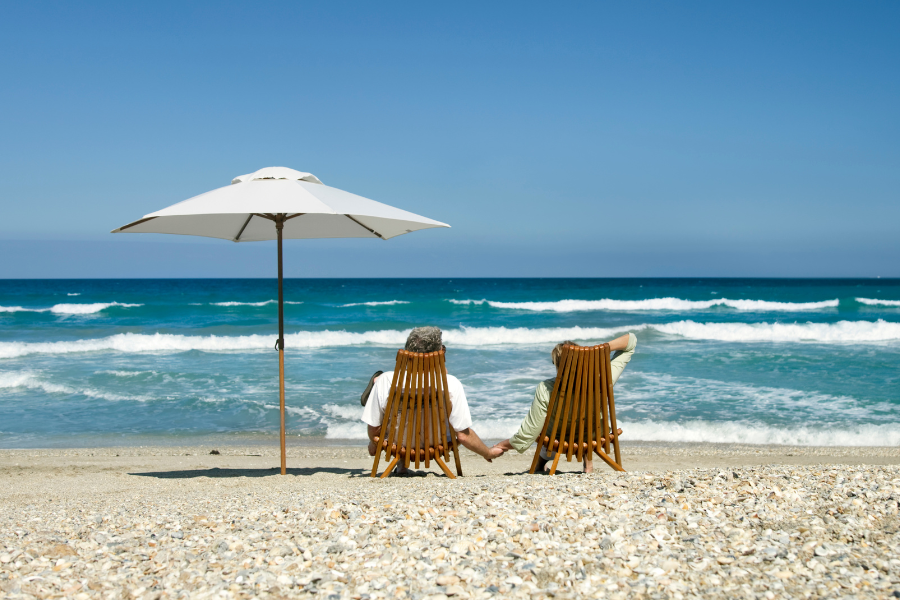Becoming a Snowbird in Retirement

Cold, dreary, winter months can seem to drag on forever. That’s why nearly a quarter of Americans prefer to take their vacations during the winter. But what if you’re retired and want to stay longer than just a week or two? You might consider joining the ranks of Americans who call themselves “snowbirds” – retirees who escape the cold winter months by moving to warmer climates for part of the year.
Perhaps the most popular state for snowbirds is Florida, where the population may grow as much as 5% during the peak season, from October to April or May. However, other places, like California and Arizona, are also popular with warm-weather lovers.
Leaving your home for more than a few weeks at a time can be a bit more complicated than the usual vacation. Here are eight tips to consider if you’re thinking about becoming a snowbird in retirement:
- Choose a destination. Although you may have loved going on vacation to a particular city, things could feel different when you become a part-time resident. Be prepared to try a different location next year if your first choice doesn’t work out. Think about the cost of living, weather, favorite activities, and proximity to friends and family before you choose, and avoid making a long-term commitment to the area until you are sure it’s right for you.
- Determine your budget. Determine how much you can afford to spend on housing, food, and other expenses while living in a warmer climate. Destinations that cater to snowbirds may be more expensive than your home city.
- Find a place to stay. You can rent a house, condo, or apartment for the winter, or stay in an RV park or resort. Do your research and compare prices and amenities to find the best option for your budget and lifestyle. Avoid buying a second home until you’ve had an opportunity to spend a winter in your desired location and decide you’d like to winter there permanently. Be sure to consider the tax implications and additional costs involved with moving, furnishing, and maintaining two homes.
- Plan for transportation. Decide whether you’ll drive or fly to your destination each year. If you drive, plan your route, make sure your vehicle is in good condition and that you are healthy enough to drive long distances. You may consider inviting a friend or family member to accompany you if you are alone. If you fly, you may need to ship some of your belongings or pay for extra baggage, such as golf clubs. You’ll also need to figure out how you’ll get around once you reach your destination.
- Prepare for healthcare. Make sure you have adequate health insurance coverage, and research local healthcare facilities in case you need medical attention while away. You may also have to temporarily transfer prescriptions.
- Make arrangements for your “non-season” home. Consider hiring a house-sitter or property manager to keep an eye on your home while you’re away, and make sure your home is properly winterized to protect it from damage. If you have pets that you don’t intend to take with you, be sure to arrange for their care and comfort while you are away.
- Automate your bills. Even though you won’t be home, you’ll still be responsible for regular bills like utilities, HOA fees, mortgage, car and credit card payments, insurance, and property taxes. Set up online bill-pay or automatic payments to ensure you don’t miss anything important. You can also temporarily forward your mail for up to a year through the U.S. Postal Service.
- Embrace the local culture. Take advantage of your time in a new location to explore, meet new people, and try new things. Joining local clubs, attending events, and volunteering can help you make the most of your time as a snowbird.
Adopting the snowbird lifestyle can be fun and rewarding, but it also requires planning ahead. If you have friends or family members who are snowbirds, ask about their experience and whether they have any tips to share. For those interested in wintering in Florida, some communities have active snowbird clubs. Careful research and an open mind are key to mastering – and enjoying — this different lifestyle. Where will you spend next winter?
